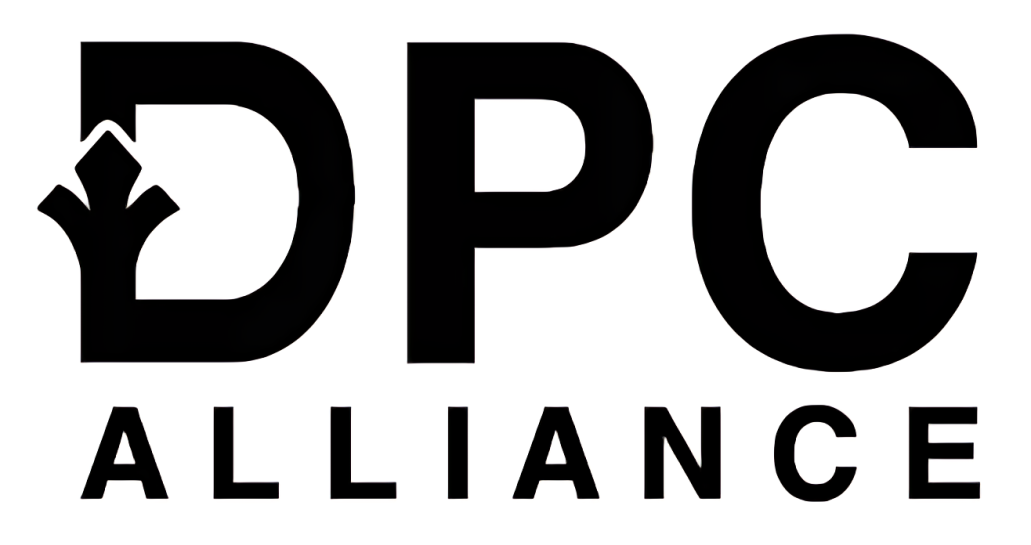Revolutionizing Elderly Care: The Transformative Power of AI in AgeTech

In recent years, the intersection of technology and healthcare has given rise to innovative solutions aimed at improving the lives of aging populations. Artificial intelligence (AI) has emerged as a transformative force in AgeTech, revolutionizing elderly care in profound ways. By harnessing the power of AI, we can enhance health monitoring, promote independence, and deliver personalized care to older adults. In this blog post, we will explore the myriad ways AI is reshaping AgeTech and discuss the potential it holds for a brighter future for our aging population.
Personalized Health Monitoring:
One of the key benefits of AI in AgeTech is the ability to provide personalized health monitoring. AI-powered wearables and smart devices equipped with sensors can continuously monitor vital signs such as heart rate, blood pressure, and sleep patterns. By collecting and analyzing this data, AI algorithms can identify anomalies and alert healthcare providers or caregivers in real-time. This early detection allows for timely intervention, reducing the risk of adverse health events. Furthermore, AI can leverage machine learning to recognize patterns and predict potential health risks based on individual health data. By providing proactive recommendations and reminders for medication adherence, AI enables older adults to take charge of their health, empowering them to lead independent and fulfilling lives.
Smart Home Solutions:
AI-driven smart home solutions play a vital role in promoting independence and safety for older adults. Smart devices integrated with AI algorithms can automate various aspects of daily living, making homes more accessible and secure. Voice-activated assistants, such as Amazon's Alexa or Google Assistant, can assist with tasks like turning on lights, adjusting thermostats, and providing information on demand. Fall detection sensors can instantly alert caregivers or emergency services in the event of a fall, ensuring immediate assistance. Additionally, AI-powered video monitoring systems can track movement patterns, detect deviations, and identify potential hazards, creating a safer living environment. By embracing these smart home solutions, seniors can maintain their autonomy, while caregivers gain peace of mind, knowing that their loved ones are safe and well-cared for.
Predictive Analytics:
The power of AI in AgeTech extends beyond reactive monitoring; it also enables proactive care through predictive analytics. By analyzing vast amounts of healthcare data, AI algorithms can identify trends and patterns that humans may overlook. This data-driven approach allows healthcare providers to predict potential health risks and intervene before they escalate into serious conditions. For example, AI algorithms can detect subtle changes in vital signs or medication adherence patterns, providing early warnings of potential complications. This proactive approach reduces hospital admissions, enhances treatment outcomes, and improves the overall quality of care. Moreover, AI-powered predictive analytics can help in resource allocation and healthcare planning, optimizing the delivery of services to meet the specific needs of the aging population.
Social Engagement and Companionship:
Loneliness and social isolation are significant challenges for many older adults. AI technology offers a solution by providing companionship and promoting social engagement. AI-powered chatbots and virtual assistants can engage in conversations, provide emotional support, and offer reminders for medication or daily routines. These intelligent companions can also connect older adults with their loved ones through video calls, bridging the geographical gaps and fostering social connections. Furthermore, AI algorithms can analyze speech patterns and detect signs of cognitive decline or mental health issues, alerting caregivers or healthcare professionals for further assessment. By addressing the social and emotional needs of older adults, AI contributes to overall well-being and enhances their quality of life.
Continuous Learning and Innovation:
AI's ability to continuously learn and adapt makes it an invaluable tool in AgeTech innovation. Machine learning algorithms can refine care plans based on individual needs and adapt to changing health conditions. By analyzing outcomes and patient responses, AI can identify the most effective treatment approaches, improving personalized care delivery. Furthermore, AI can unlock new insights by analyzing large datasets from diverse sources, such as electronic health records, wearable devices, and research studies. This knowledge can inform evidence-based decision-making, drive innovation, and lead to breakthroughs in elderly care. The iterative nature of AI-driven systems allows for continuous improvement, ensuring that AgeTech solutions evolve with the changing needs of older adults and deliver the best possible care.
Conclusion:
Artificial intelligence has ushered in a new era of possibilities in AgeTech, transforming elderly care and empowering older adults to live fulfilling lives. From personalized health monitoring to smart home solutions, predictive analytics, social engagement, and continuous learning, AI holds immense potential to enhance the well-being of aging populations. By embracing AI in AgeTech, we can bridge gaps in care, improve health outcomes, and promote independence for older adults. As we navigate the challenges and opportunities in the intersection of technology and healthcare, let us harness the transformative power of AI to create a brighter future for our aging population.




